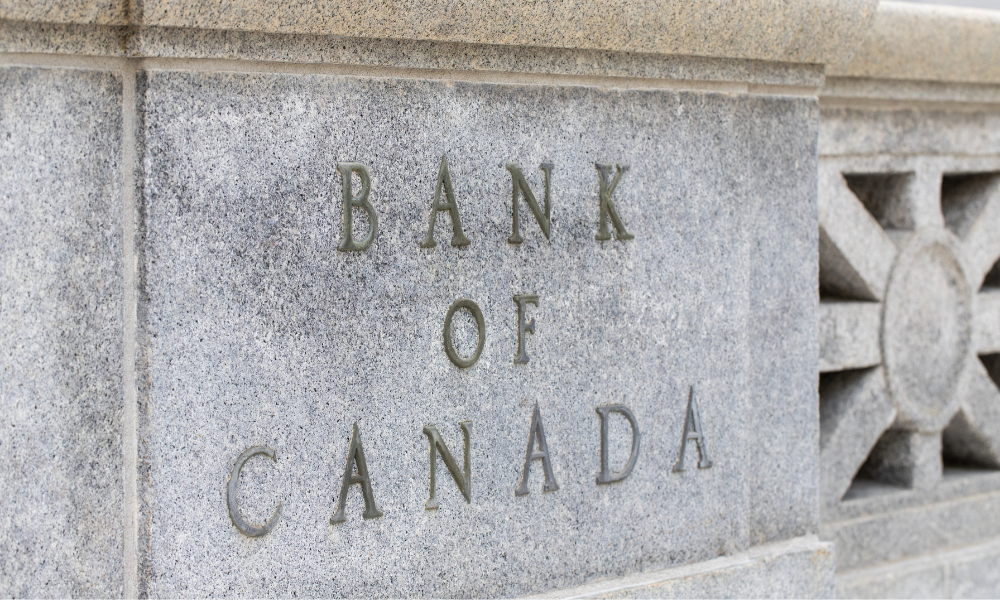Bitcoin and other networks are currently beyond the reach of government authorities

Using the Emergencies Act in Ottawa may restrict the flow of cryptocurrency to anti-mandate demonstrators, but stopping it entirely is a considerably more difficult task.
Crypto specialists who spoke to the Financial Post said that the law requires financial institutions and intermediaries to freeze and disclose assets linked to accounts suspected of aiding the protestors who have blocked border crossings and established camp in the nation's capital.
The order's inclusion of "virtual currencies" has drawn attention to how Canada's young crypto space interacts with authorities, such as the Financial Transactions and Reports Analysis Centre of Canada (FINTRAC), which keeps track of money laundering. Several exchanges revealed that they had been engaged in the endeavor and that they had received an RCMP letter instructing them to flag any transactions using a list of over 30 crypto wallet addresses.
According to Christopher DePow, senior advisor for financial institution regulation and compliance at London-based blockchain analysis firm Elliptic, most of the crypto activity is already taking place on such regulated platforms, making the authorizations laid out in the Emergencies Act an effective way to disrupt large transactions. He did point out that regulated platforms and payment businesses aren't the only means to trade crypto.
“What’s much more challenging is preventing transactions that are occurring in a peer-to-peer way,” DePow said. He added that two individuals sending funds between unhosted wallets or those controlled by an individual outside of a financial intermediary will be a challenge to track. “You can surveil for it; you can look for information indicating that that type of activity is occurring. But to actually stop it … is a huge challenge.”
Founder and CEO of crypto exchange NDAX, Bilal Hammoud, is skeptical that the federal government has a complete understanding of how crypto transactions function. He told the Financial Post that when it comes to cryptocurrencies, there are three pockets: Bitcoin as decentralized protocol, regulated crypto companies registered with FINTRAC, and unregistered platforms, such as international services and payment providers.
“For the first one, for the underlying networks like Bitcoin, it’s outside the reach of the government for sure. It’s a very decentralized network,” Hammoud said, adding that for regulated entities already reporting to FINTRAC, the Emergencies Act would not be much different from regular day-to-day activities of detecting certain target activity.
Once the cryptocurrency discovered to be used in support of the vaccine mandate protest comes into contact with one of these regulated crypto exchanges that follows KYC rules, the user may be identified and the transaction linked to them.
Authorities have been battling with the off-grid origins of many cryptocurrencies — something that has made them a favorite for black market activities — for years. However, because blockchain data is public and crypto is not as anonymous as many people believe, there are hints that governments throughout the world are growing more proficient in their tracking of crypto, whether peer-to-peer or otherwise.
The high-profile Bitfinex case, according to Simon Grant, a partner in Bennett Jones LLP's blockchain and fintech group, explained how law enforcement is becoming increasingly adept at monitoring funds.
“I think the recent U.S. arrests in connection with the Bitfinex hack demonstrate how much information is out there for law enforcement to obtain — that is, once law enforcement can marshal the technical capabilities necessary to access it,” Grant said.
According to Dhirendra Shukla, president and head of Canadian crypto analytics firm Gray Wolf, one way for evaluating that data is "clustering." The method entails analyzing a cluster of address and transaction data on the blockchain to uncover patterns in the flow of funds and gain a better understanding of which addresses may be involved in an investigation.
“All of those things need to be understood, analyzed, and presented to the government so they can act quickly,” Shukla said.
Detecting crypto transactions as they move on and off the blockchain network is a useful tool, but it becomes more difficult as people move to a more peer-to-peer network, according to Shukla.



